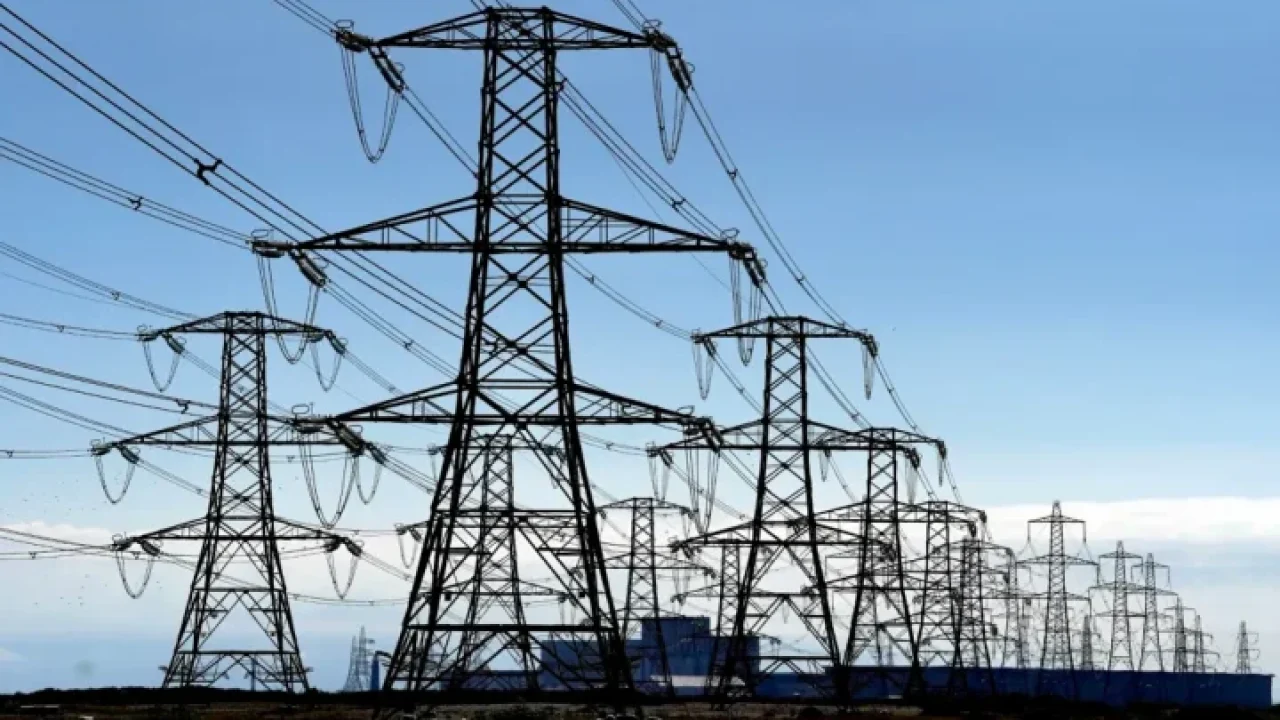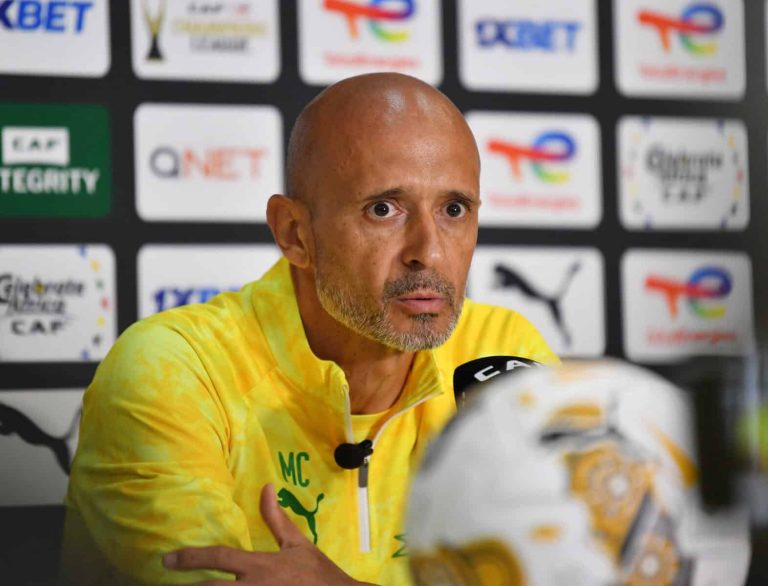
Breakthrough links Nigerian, Nigerien, Beninese, and Togolese networks to the West African electricity grid for the first time, boosting regional stability and power trade….
The Nigerian Independent System Operator (NISO), in collaboration with the West African Power Pool Information and Coordination Centre (WAPP-ICC), has successfully synchronized Nigeria’s national electricity grid with the wider West African regional power network.
In a statement released on its official platforms and signed by NISO’s Board Chairman, Adesegun Akin-Olugbade (OON), the organization confirmed that the synchronization test was carried out on Saturday, November 8, 2025, between 5:04 a.m. and 9:04 a.m.
The exercise marks a major milestone in the long-standing goal of creating a unified regional grid operating at a single frequency across the Economic Community of West African States (ECOWAS).
Historic Regional Milestone
While several synchronization plans had been explored in previous years, the only prior physical test conducted in 2007 lasted just seven minutes before being aborted.
This time, renewed coordination between NISO and WAPP-ICC made full integration possible, supported by advancements in real-time communication, system monitoring, and frequency control across national control centres.
“The success of this synchronization represents a turning point for energy cooperation in West Africa,” NISO noted, describing it as “a landmark in the region’s journey toward a fully interconnected and efficient power market.”
Unified Grid to Drive Reliability and Power Trade
The newly integrated network connects Area 1 which includes Nigeria, Niger Republic, and parts of Benin and Togo with Areas 2 and 3, comprising the rest of the West African subregion.
This creates a single operational grid that is expected to enhance system reliability, grid stability, and enable cross-border electricity trading within the West African Electricity Market (WAEM).
According to NISO, the initiative will:
- Improve operational reliability through shared reserves,
- Support cost-effective power generation and trading,
- Strengthen institutional collaboration among member states, and
- Lay the foundation for a fully liberalized regional energy market.
Nigeria Set to Benefit from Regional Integration
For Nigeria, the grid synchronization offers a wide range of strategic benefits. It is expected to unlock stranded generation capacity, enable energy exports that could generate foreign exchange earnings, and reinforce grid resilience by balancing supply and demand through shared regional infrastructure.
It also positions Nigeria as a key player in regional energy integration, while expanding access to international financing for critical transmission projects such as the North Core Project in Birnin Kebbi and the Ajegunle 330kV Substation in Lagos State.
The integration is seen as a major step toward achieving energy security and economic growth for both Nigeria and its neighbours under the ECOWAS Energy Protocol.


